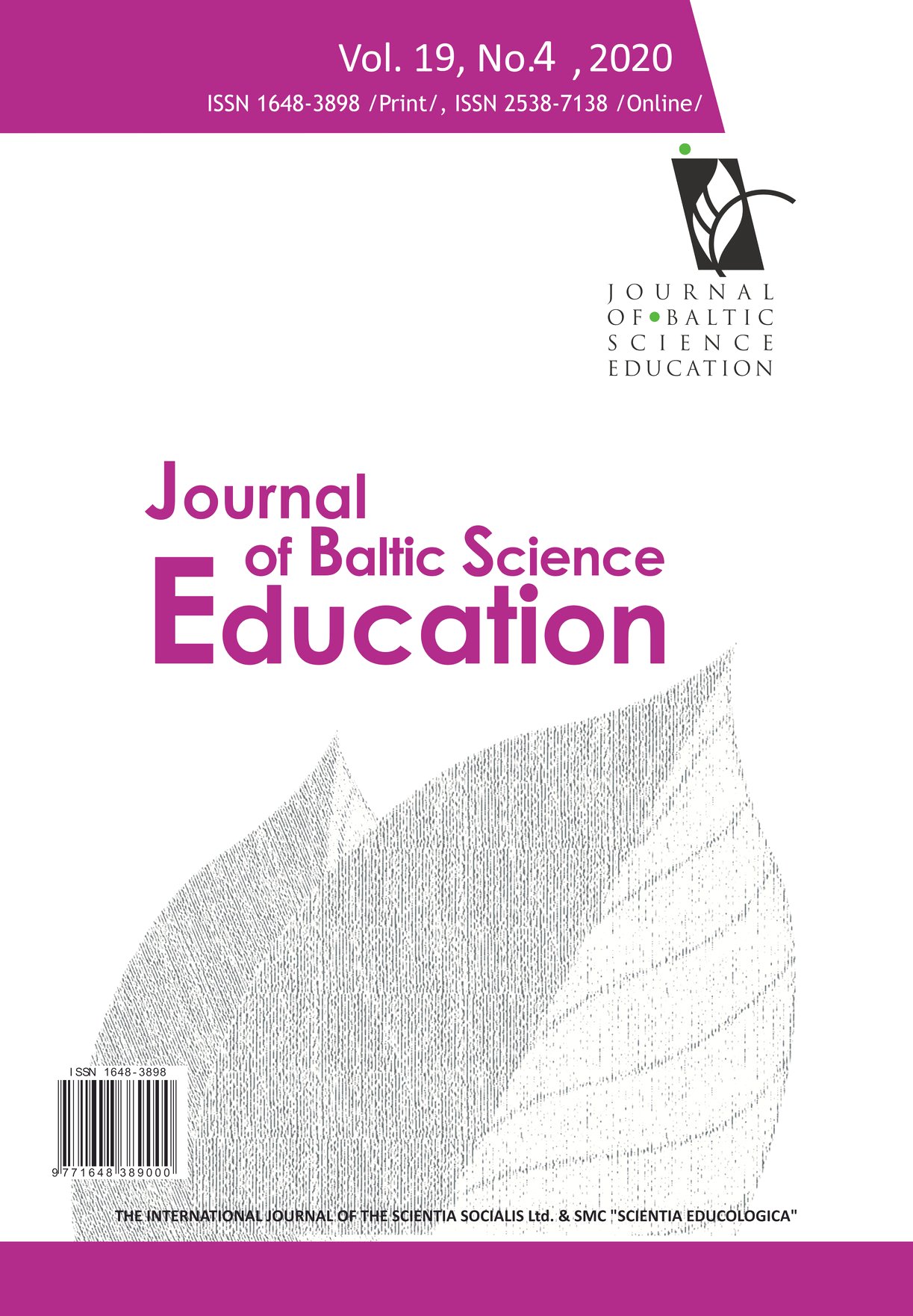EXPLORING THE EFFECTS OF GUIDANCE IN A COMPUTER DETECTIVE GAME FOR SCIENCE EDUCATION
EXPLORING THE EFFECTS OF GUIDANCE IN A COMPUTER DETECTIVE GAME FOR SCIENCE EDUCATION
Author(s): Fu-Hsing Tsai, I-Ying HsuSubject(s): Social Sciences, Education, School education
Published by: Scientia Socialis, UAB
Keywords: inquiry guidance; learning game; physics education; science knowledge; science problem-solving;
Summary/Abstract: This research aimed to develop a computer detective game for science education to provide students in experiencing real-world problem-solving after learning electricity-related knowledge, and to explore the effects of designing the guidance of process constraints and prompts into this game. To explore the effects of guidance, two different game tasks with and without the guidance of process constraints and prompts were integrated into this game. At the same time, to understand appropriate prompt guidance, two different versions of the first game task with and without real-time prompts were also designed. Two ninth-grade classes from a lower secondary school were randomly assigned to use different versions of game with different real-time guidance prompts. The research findings indicate that students had significantly better problem-solving performance in first game task with the guidance of process constraints and prompts than those in second game task without guidance. The results also indicate that the design of real-time prompts may not only enhance students’ problem-solving performance and knowledge acquisition, but also lower students’ cognitive load.
Journal: Journal of Baltic Science Education
- Issue Year: 19/2020
- Issue No: 4
- Page Range: 647-658
- Page Count: 12
- Language: English

